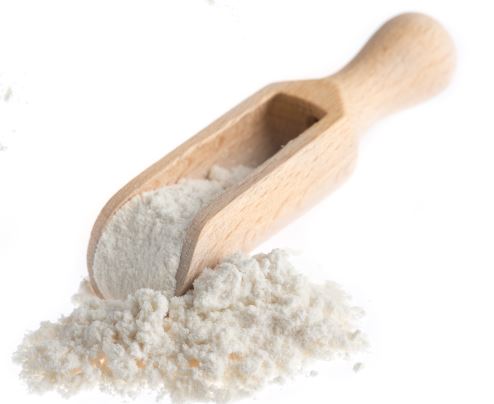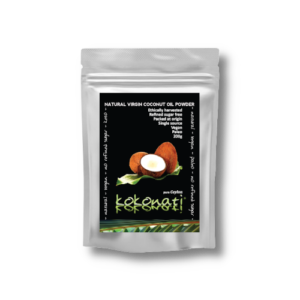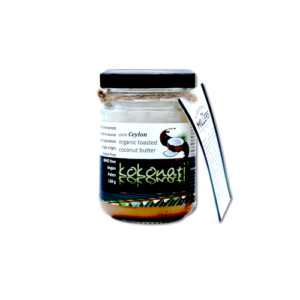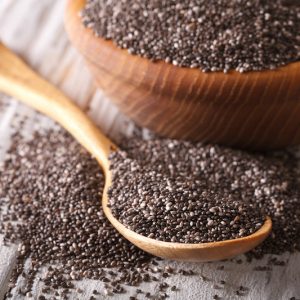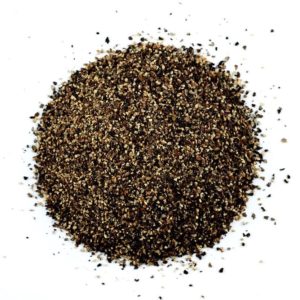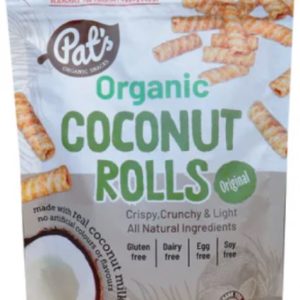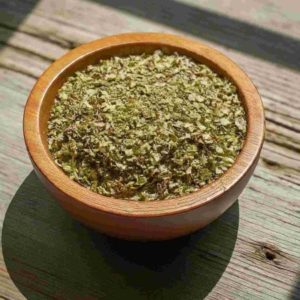Description
ABOUT:
Versatile
Our exceptionally high-quality Organic Quinoa Flour sourced from the lush highlands of Bolivia, where the finest quinoa crops flourish under optimal growing conditions. This versatile flour is a powerhouse of nutrition and is a true multi-purpose ingredient that can elevate your culinary creations. It is an excellent alternative to traditional flours, adding a unique nutty flavour and a delicate texture to your dishes.
Uses
This flour can be used in various baking recipes, like bread, muffins, and cookies, to pancakes, waffles, and savoury items such as pizza crusts and tortillas. You can even use it as a thickening agent for soups, stews, and sauces.
INSTRUCTIONS TO USE:
When substituting all-purpose flour with Organic Quinoa Flour, start by replacing a portion of the flour in your recipe and gradually increase the ratio to achieve the desired texture and consistency. Experiment with the flour’s potential and let your creativity shine!
Ingredients
100% Organic white quinoa
Storage
Keep in the pantry, away from sunlight and dampness. Once opened, store in an airtight container.
Potential Benefits for healthy lifestyle
Using organic quinoa flour in your diet can offer numerous health benefits. Here are some potential health benefits of incorporating organic quinoa flour into your meals:
Rich in Essential Nutrients
Organic quinoa flour is packed with essential nutrients contributing to overall well-being. It is a good source of protein, containing all nine essential amino acids, making it a complete protein source. It also provides dietary fibre, vitamins (such as vitamin B6, thiamin, and folate), and minerals (including iron, magnesium, phosphorus, and zinc).
Gluten-Free Option
Organic quinoa flour is naturally gluten-free, making it a valuable alternative for individuals with gluten sensitivities or those following a gluten-free diet. It allows them to enjoy a wide range of recipes without compromising taste or texture.
Supports Digestive Health
The dietary fibre found in organic quinoa flour promotes healthy digestion. Fibre helps regulate bowel movements, prevents constipation, and supports the growth of beneficial gut bacteria. A diet that is rich in fibre has been associated with a reduced risk of digestive disorders, such as diverticulosis and colorectal cancer.
Provides Sustained Energy
Quinoa is a complex carbohydrate, which means it provides a slow release of energy. Organic quinoa flour can help stabilise blood sugar levels, preventing sudden spikes and crashes, making it an excellent option for sustained energy throughout the day.
Supports Heart Health
Organic quinoa flour is a heart-healthy ingredient. It is low in saturated fat and cholesterol but rich in heart-healthy monounsaturated fats and omega-3 fatty acids. These components have been associated with reducing the risk of heart disease and maintaining healthy cholesterol levels.
Weight Management
The high protein and fibre content in organic quinoa flour can aid in weight management. Protein helps increase satiety, reducing hunger cravings, and promoting a feeling of fullness. The fibre content can also help control appetite and support healthy weight management goals.
Nutritional Support for Vegetarians and Vegans
Organic quinoa flour is an excellent source of plant-based protein for individuals following a vegetarian or vegan diet. It provides essential amino acids typically found in animal-based products, making it a valuable nutritional component for those on a plant-based eating plan.
It’s important to note that individual experiences and health outcomes may vary. As with any dietary change, it’s recommended to consult with a healthcare professional or registered dietitian to determine how organic quinoa flour can best fit into your specific nutritional needs and goals.
Environmental benefits
Consuming organic quinoa flour grown in Bolivia has several sustainable aspects, making it an environmentally friendly choice. Here are some key sustainable aspects of consuming organic quinoa flour from Bolivia:
Organic Farming Practices
Bolivia’s quinoa farming follows strict guidelines prioritising sustainability. It avoids using synthetic pesticides, herbicides, and genetically modified organisms (GMOs). Instead, farmers rely on natural pest control methods, crop rotation, and organic fertilisers, ensuring minimal environmental impact.
Biodiversity Preservation
Quinoa cultivation in Bolivia encourages biodiversity preservation. Farmers often practice intercropping, where quinoa is grown alongside other crops. This promotes a diverse ecosystem, reduces soil erosion, and supports natural pollinators and beneficial insects, contributing to overall ecosystem health.
Soil Health and Conservation
Organic quinoa practices prioritise soil health and conservation. Farmers employ organic composting, cover cropping, and minimal tillage to enhance soil fertility, reduce erosion, and preserve soil structure. These practices help maintain long-term soil health and reduce the depletion of natural resources.
Water Conservation
Quinoa is naturally adapted to the arid climate of the Bolivian highlands, requiring minimal irrigation. Compared to other water-intensive crops, such as rice or wheat, quinoa consumes significantly less water during its growth cycle. This reduces the strain on local water resources and promotes water conservation in regions prone to water scarcity.
Support for Small-scale Farmers
The production of organic quinoa flour in Bolivia often involves small-scale farmers who have been cultivating quinoa for generations. By choosing organic quinoa flour, consumers support these farmers and their sustainable farming practices, preserving traditional agricultural knowledge and supporting local communities.
Carbon Footprint
Transporting organic quinoa flour from Bolivia to other parts of the world may result in some carbon emissions. However, quinoa has a relatively low carbon footprint compared to other agricultural products requiring extensive processing or long-distance transportation. Additionally, choosing organic products supports a shift towards more sustainable and climate-friendly agricultural practices.
By consuming organic quinoa flour grown in Bolivia, you are nourishing yourself with a nutritious ingredient and supporting sustainable farming practices, biodiversity conservation, soil health, water conservation, and the livelihoods of small-scale farmers. It’s a conscious choice that promotes the well-being of both people and the planet.
Read articles from Harvard Health, and evidence based research from Healthline
Packaging and recycling
Packed in aluminum foil pouch to protect content from exposure to light and preserve it for long best before dates . Dispose of in soft plastic disposal bins.

